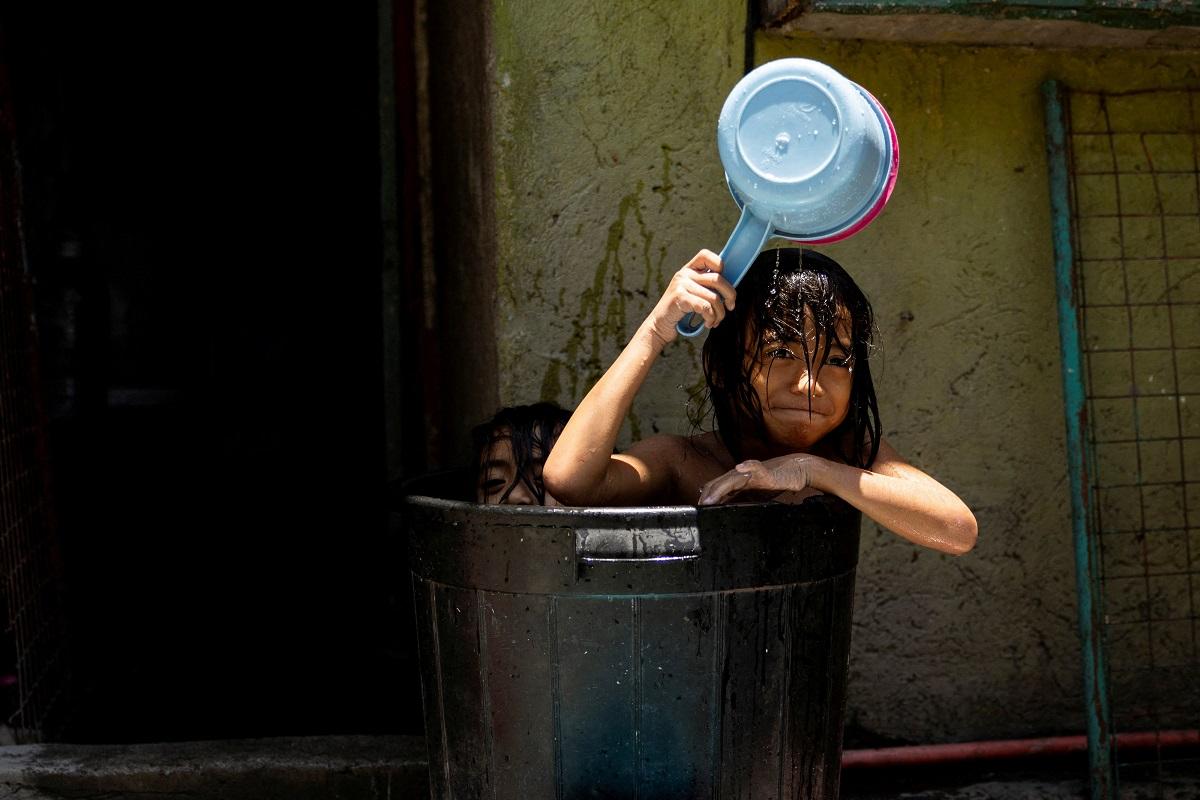window.rapplerAds.displayAd( "middle-1" );window.
rapplerAds.displayAd( "mobile-middle-1" );NEGROS OCCIDENTAL, Philippines – What started as a modest pet festival inside a shopping mall in Bacolod was, on the surface, a family-friendly campaign: promote rabies awareness, champion responsible pet ownership, and sell a few collars or chew toys along the way.But beneath the soft barks and photo booths of Bacolod’s first-ever Pet Festival at Ayala Malls Capitol Central on April 4 to 6, a quieter economy was also on display.

It is one built not on pet stores or grooming salons, but on snakes, scorpions, rare chickens, and a brand of entrepreneurial fearlessness that has turned fringe passions into currency transactions.The pet festival was a subtle unveiling of a parallel world — exotic, legal, and surprisingly lucrative.RIO THE PARROT.
Mark Benliro of La Paz, Iloilo with his beautiful and exotic pet parrot named ‘Rio.’ All photos by Ambo Delilan/RapplerTake 39-year-old Mark Benliro of La Paz, Iloilo City. A guest exhibitor, Benliro told Rappler that his journey began with tarantulas in 2003.
What followed was a love affair with exotic creatures — first invertebrates, then mammals, reptiles, and birds.At present, he has 62 varied species of exotic pets which, according to him, give them an income that’s more than what he wished for.“Exotic pets have formed part now of our blooming family business,” he said.
Benliro’s wife and three children are part of the venture, taking charge of feeding, caring, and even bonding with creatures most people wouldn’t want in their homes.The exotic pets include ball pythons, Burmese pythons, corn snakes, Brazilian iguanas, red-footed tortoises, bearded dragons, red-tailed boas, Kenyan sand boas, Asian palm civet cats, hairless guinea pigs, leopard and other colored geckos, Asian forest scorpions, colored tarantulas, Mongolian gerbils, Mexican red rumps, teddy bear and Roborovski dwarf hamsters, hedgehogs, and an umbrella cockatoo parrot.REDTAIL.
A man holds and shows a redtail boa. “Our exotic pets have attachments to us. We love them.
We take care of them. In return, they help us financially,” Benliro quipped.None of the exotic pets are endangered, and Benliro said he secured permits from the Department of Environment and Natural Resources (DENR).
window.rapplerAds.displayAd( "middle-2" );window.
rapplerAds.displayAd( "mobile-middle-2" );Negros Occidental environment and natural resources officer Joan Nathaniel Gerangaya said their office only requires exotic pet breeders to register their animals at DENR so they would have no problems with transporting the animals.Benliro regularly travels to show his pets, often for awareness campaigns but also as part of his buy-and-sell business.
He emphasized that caring for exotic pets requires deep research and commitment.“Everyday is totally a different experience with our exotic pets. They always bring good vibes in our home, and good luck to our family,” Benliro said.
PET CHICKENS. Bacolod resident John Philip Geroche strikes a pose with dwarf Malaysian Serama chickens. During the pet festival, 24-year-old John Philip Geroche brought something fluffier — Malaysian Serama bantam chickens, tiny birds that puff their chests and strut like miniature runway models.
The birds were a crowd drawer.Geroche’s fascination with chickens began early, tagging along with his father, a cockfighting enthusiast.“I love chickens.
I love fighting cocks. I love cockfighting,” the younger Geroche also told Rappler.In 2018, everything changed when he discovered the Seramas in Mindanao.
He said he was captivated by their unique features and skills to show off in public.He made the switch from cockfighting to breeding Seramas, and seven years later, he’s importing and selling them nationwide, and occasionally abroad.Started with only 100 heads as pets, Geroche is now a top exhibitor and importer of Malaysian Serama chickens.
Each is priced between P2,000 to P10,000, depending on their appearance and skills.Bantam chickens, Geroche said, are not picky about food or habitat. They prefer shaded areas, especially under trees, and eat the same feed as regular chickens.
For both Benliro and Geroche, what began as hobbies turned into full-blown ventures. They exhibit their animals not just to educate but to network, advertise, and sell.Not everyone will love a snake or a modeling chicken.
But for some, these creatures are more than pets. They’re an opportunity — and, in a way, part of the family. – Rappler.
com.
Technology

Bacolod’s first pet festival unveils lucrative world of exotic pets

The pet festival is a subtle unveiling of a parallel world — exotic, legal, and surprisingly lucrative















